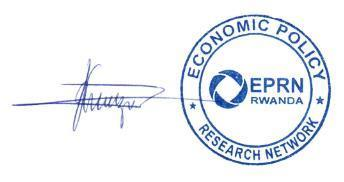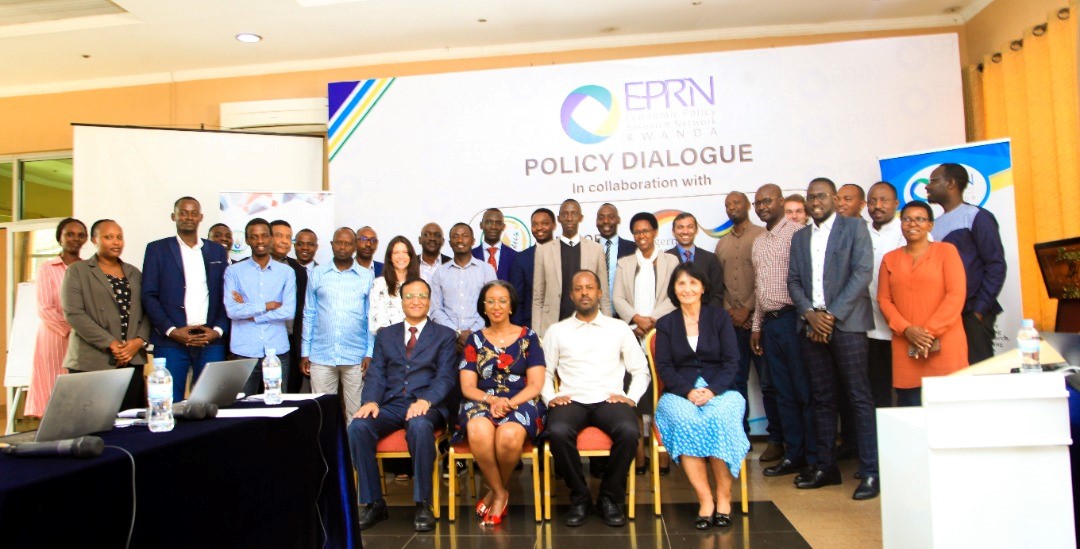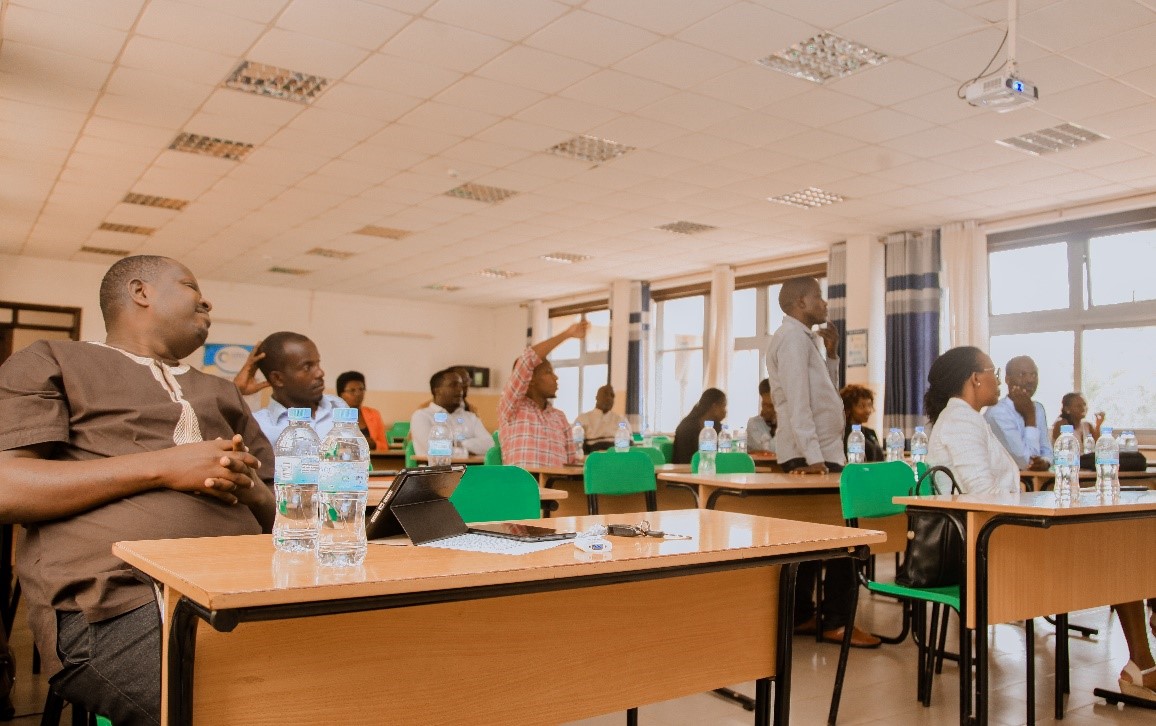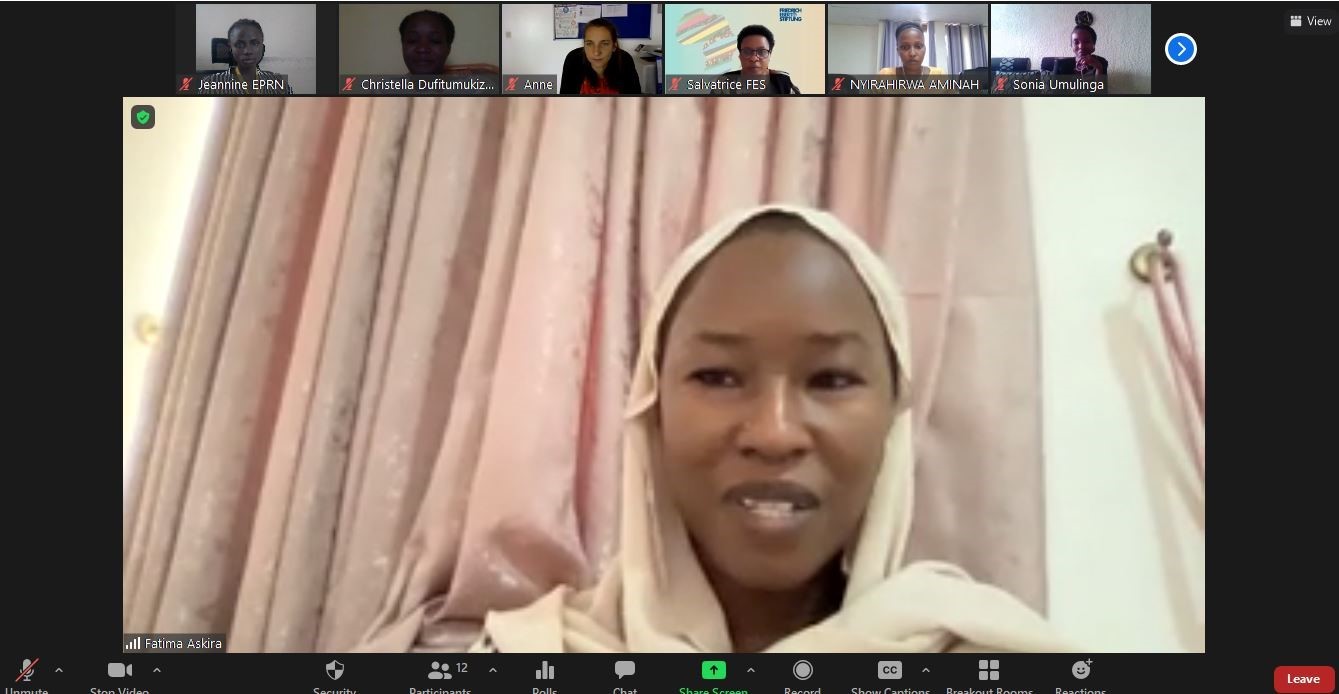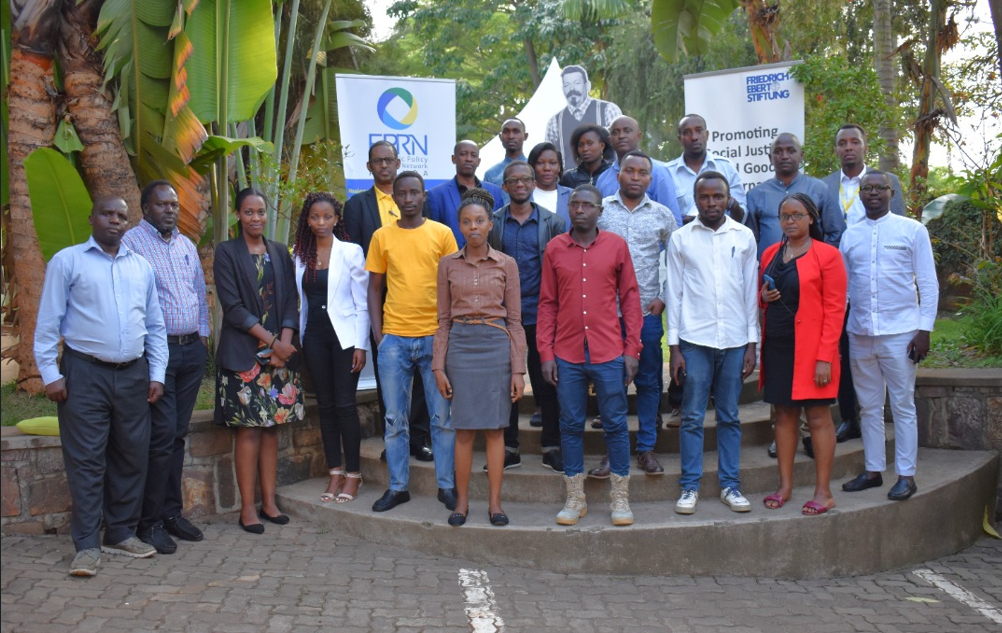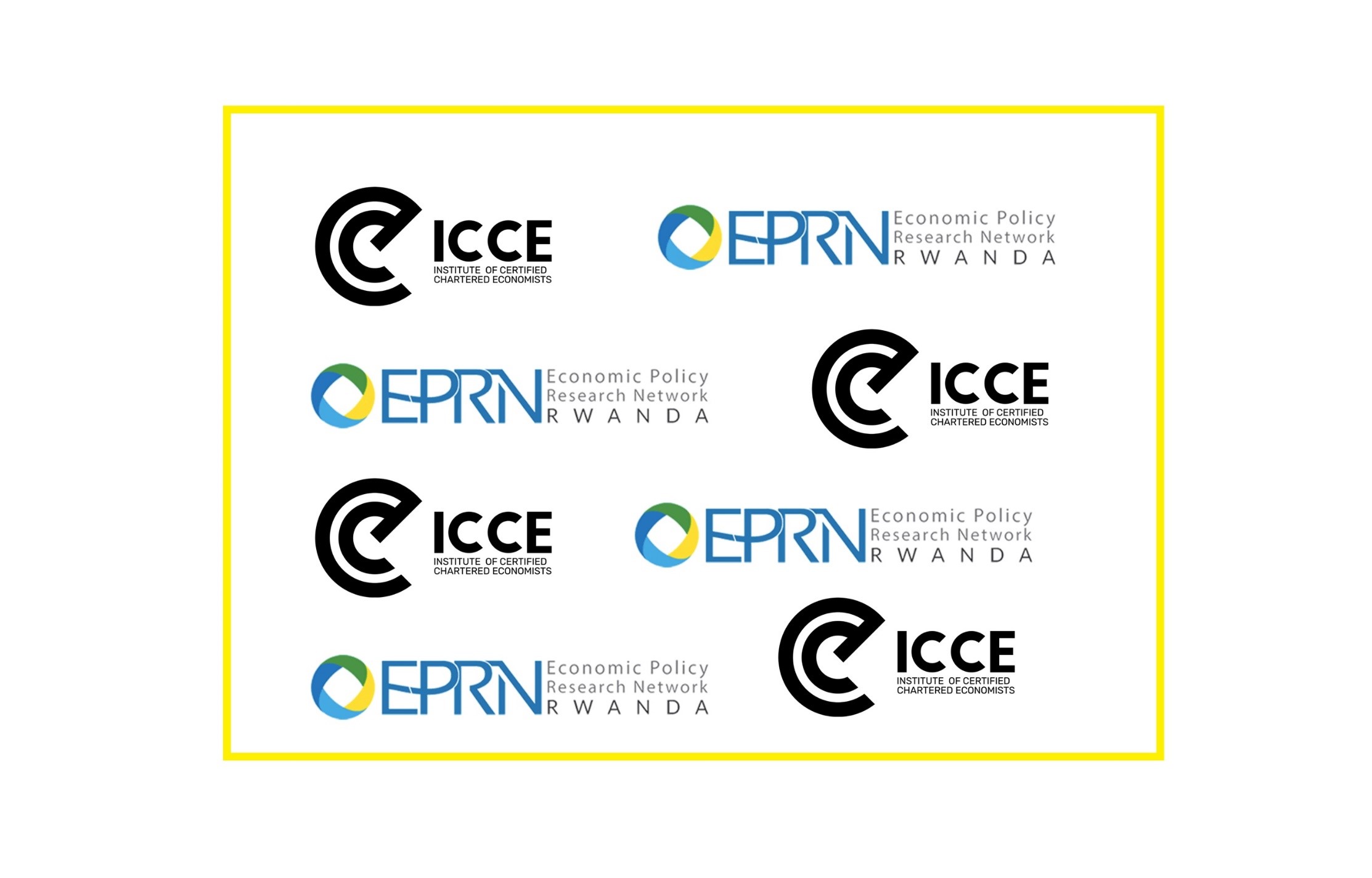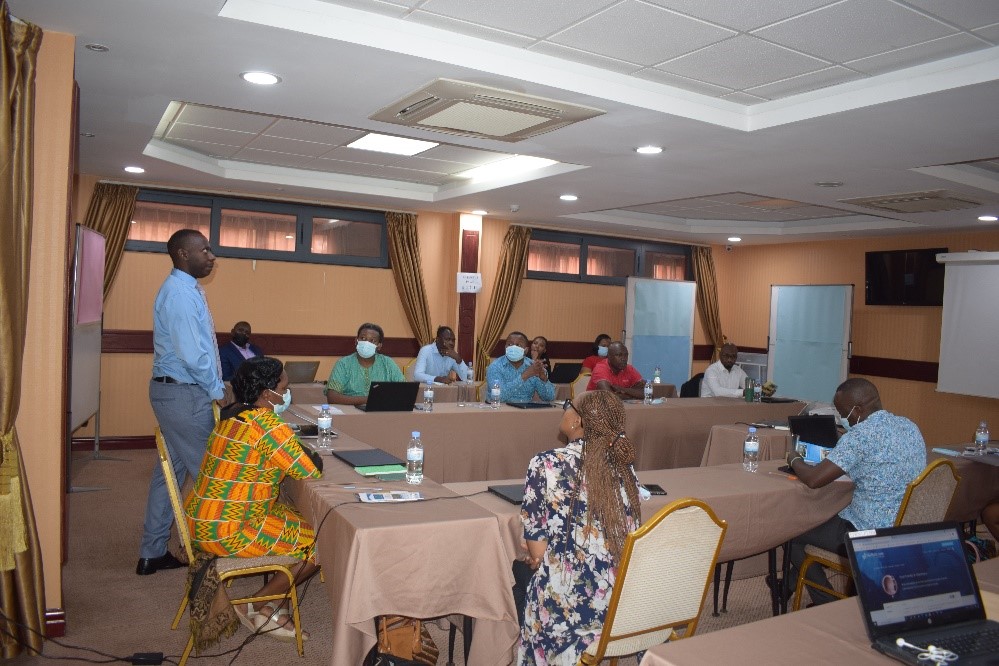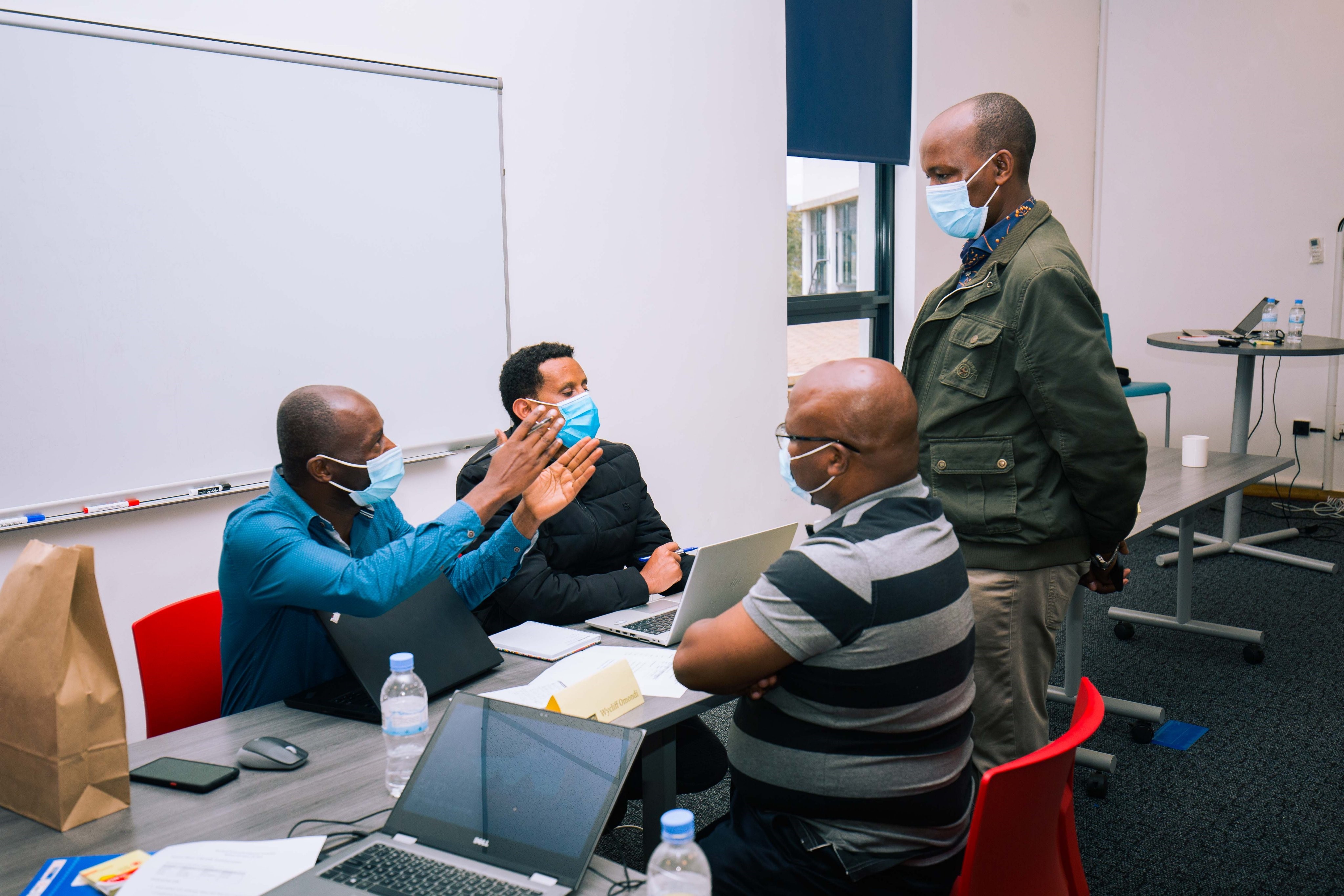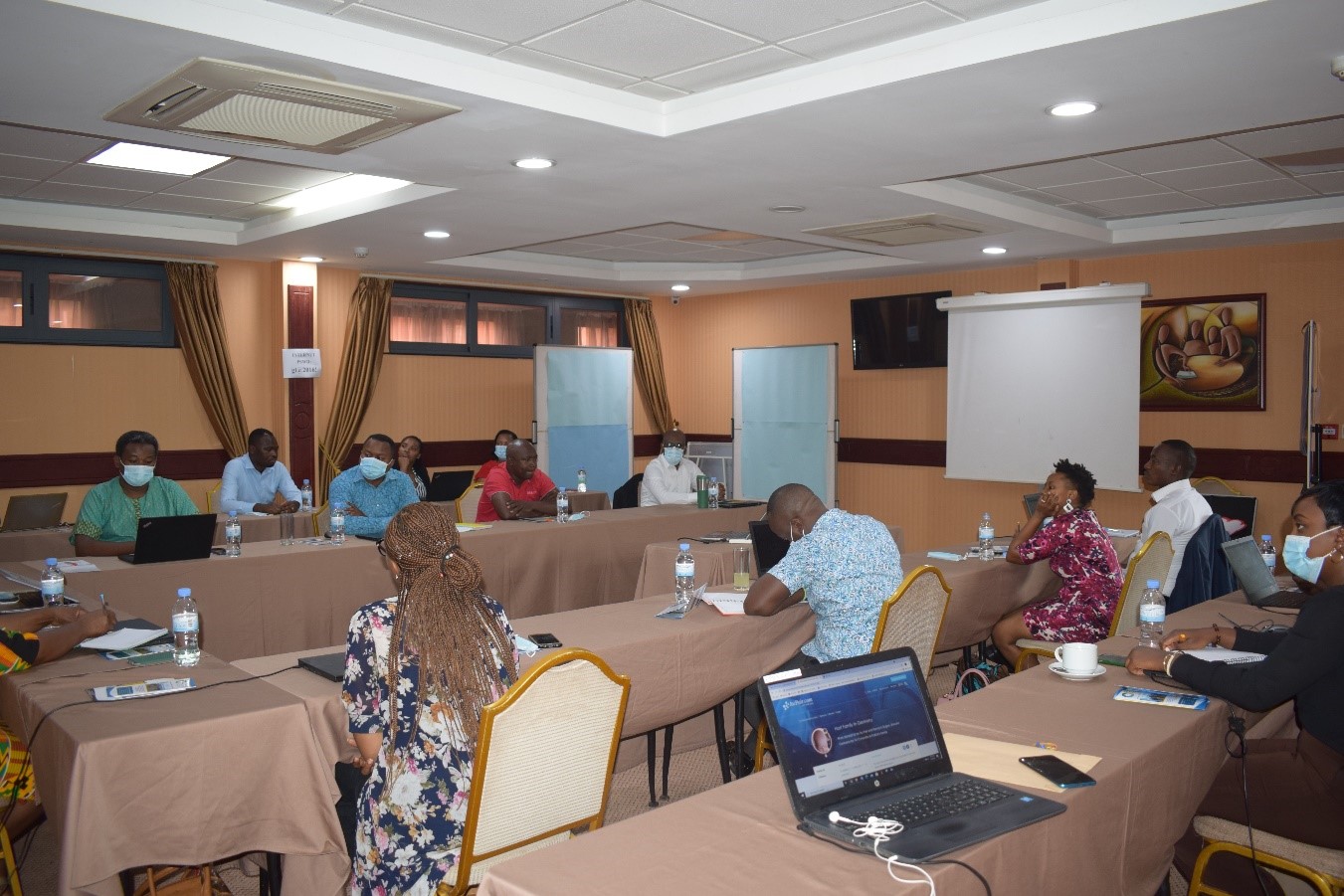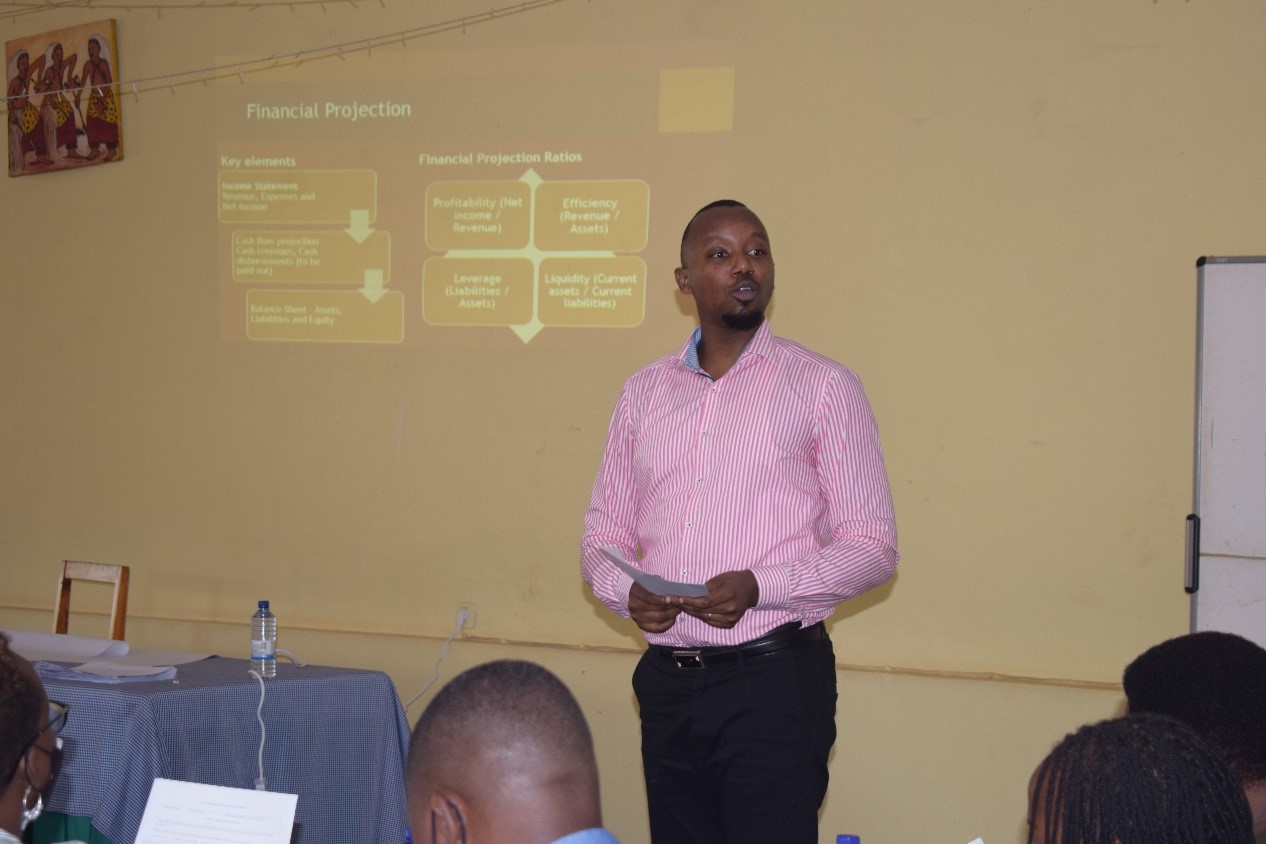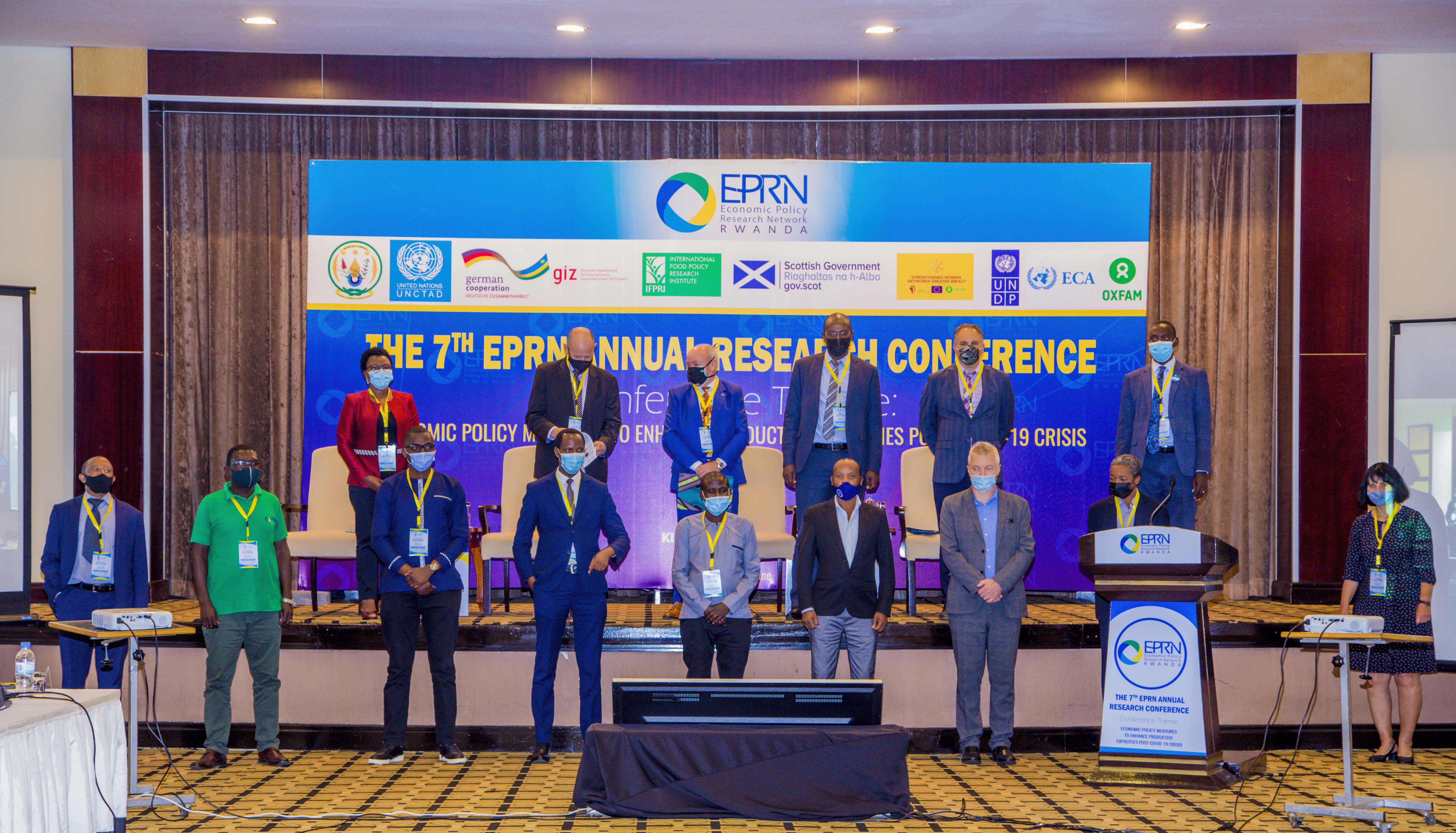Call for application for a Professional Training about Advanced Panel Data Analysis using STATA
Venue : Virtual Training by use of MS Teams with Dr. Ggombe Kasim Munyegera
DATE : 03rd -05th JULY 2020 (9AM – 4PM)
1. Introduction
The aim of this course is to teach regular STATA users skills to get the most out of STATA and speed up their work. In addition to analytical commands, STATA also has powerful commands for manipulating data, and for extracting, formatting and exporting results. This course is aimed at researchers, statisticians, consultants and other professionals from any discipline, who want to learn how to work more efficiently with STATA. It would be particularly suited to those who are about to embark on large analyses.
2. Why attend this Training
The principal training objective is to ensure participants have enhanced capacity and understanding in :
• Overview of basic concepts in panel data
• Preparation and manipulation of panel data
• Graphical and tabular representation of panel data
• Random-effects model (between estimator)
• Fixed-effects model (within estimator)
• First difference estimator
• Probit models for panel data
• Logit models for panel data
• Poisson models for panel data
• Panel-data estimation under endogeneity – 2SLS
• Dynamic panel data models – 2SLS and GMM
3. What you’ll learn
After the training, participants are expected to be able to :
• Generate and modify variables that contain summaries of the data
• Navigate a dataset using system variables _n, _N and subscripted variables
• Create panel datasets by combining multiple datasets using merge and append
• Identify duplicate observations
• Aggregate variables from lower to higher levels of analysis.
• Export data to a spreadsheet
• Create tailor-made publication quality graphs
• Know how to export results using user-written commands : outreg2.
• Create and work with do-files for multiple tasks.
• Understand and use macros and scalars.
• Use foreach and forvalues loops
• Understand and use if statements
• Understand how STATA stores estimation results
• Be able to access and use stored estimation results
• Be able to write and use a simple STATA program
• Set up, estimate and interpret static panel data models
• Set up, estimate and interpret dynamic panel data models
• Address endogeneity issues in panel data
4. Training methods
The training course will be run in a workshop style with a high degree of participant involvement. Adult learning methodologies will be employed, and participants will not be passive. Debate and discussion will be encouraged. The trainer will use a mix of presentations to define and explain key concepts and practical exercises using STATA.
EPRN will send an invitation link to participants. Participants will attend from their places by use of Microsoft Teams. There will be interaction with the trainer ; and between trainees themselves for maximum skills exchanges and engagement.
5. Certificate
EPRN will issue completion certificates to participants who successfully attended the course and pass the course test.
Note : At the end of the course, the trainer will deliver a test, and ONLY participants who pass the course with at least 60% will get the certificate. Others will be advised to wait until another training opportunity for the same course (free of charge).
6. Training Fees
• Members : 40,000 Rwf
• Non-members : 100,000 Rwf
7. Application process
Interested applicants are encouraged to pay the registration fees through the following bank details :
• Bank Account : 00040 06945750 07 RWF (Bank of Kigali)
• Title of the Account : Economic Policy Research Network
Scan the bank slip and send it to : info@eprnrwanda.org and copy to : coordinator@eprnrwanda.org OR bring the hard copy of bank slip to EPRN office at UR-CBE Gikondo (former SFB).
8. How to become ‘EPRN Member’ ?
• Key Membership Benefits are : Networking with other experts, professional trainings at a discounted rate, online free online training, research facilitation (mentorship and presentations), Study dissemination through policy debates and conferences, linkage to resource parsons/experts, easy flow of information through a wide network of experts, etc…
• Annual Membership Fees (valid from January to December each year) :
• Individuals : Senior members pay 50,000 Rwf (local) and 100,000 Rwf (international). Master Students and bachelor graduates pay 20,000 Rwf and Bachelor Students pay 5,000 Rwf.
• Institutional membership is also available : Development Partners, INGOs, Government Ministries and Government agencies pay 2 Million Rwf. Other Institutions like Universities, CSOs/NGOs, Private Companies pay 1 Million Rwf.
If you need further clarifications, call us through : 0788357648 or write to us : info@eprnrwanda.org
Kigali, 23/06/2020
